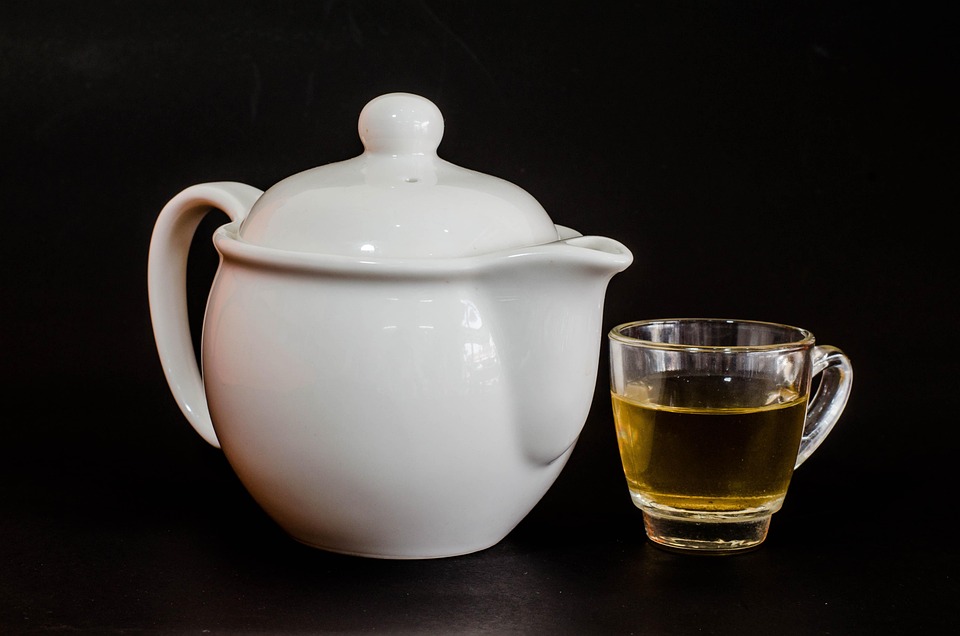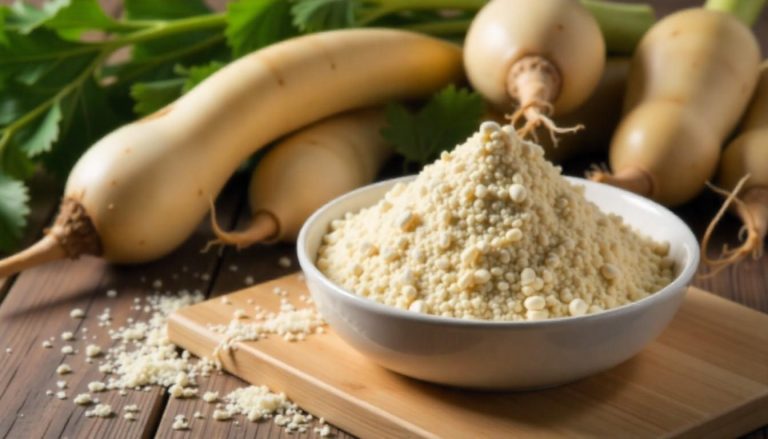Contents
5 Ways Black Tea Boosts Hormonal Balance Naturally
Have you ever sat down with a steaming cup of black tea and felt an instant sense of calm? It’s more than just a comforting ritual; there’s some science behind it. Black tea isn’t just a delightful beverage; it can also play a significant role in hormonal balance. In a world where stress and hormonal imbalances often go hand in hand, finding natural ways to support our health is more important than ever.
So, let’s dive into five ways black tea can help you achieve hormonal harmony.
1. Rich in Antioxidants
Black tea is packed with antioxidants like polyphenols, which are known to combat oxidative stress. Oxidative stress can wreak havoc on hormonal levels, leading to issues like fatigue, mood swings, and even weight gain.
The Science Behind It
A study published in the Journal of Nutrition found that the polyphenols in black tea can help reduce oxidative stress and inflammation in the body (Hodgson et al., 2013). By lowering oxidative stress, you may find your hormones functioning more smoothly.
Practical Tip
Try to incorporate two to three cups of black tea into your daily routine. Whether it’s a morning pick-me-up or an afternoon break, those antioxidants can do wonders for your body.
2. Supports Stress Management
Stress is a major disruptor of hormonal balance. When you’re stressed, your body produces cortisol, often referred to as the “stress hormone.” Elevated cortisol levels can lead to various issues, including weight gain and mood disorders.
How Black Tea Helps
Research from The American Journal of Clinical Nutrition suggests that the amino acid L-theanine, found in black tea, can promote relaxation and reduce stress (Unno et al., 2017). By sipping on black tea, you might be giving your body a natural way to combat stress and keep cortisol levels in check.
Real-Life Example
I remember a particularly hectic week at work when everything seemed to go wrong. I started my mornings with black tea instead of coffee, and I noticed a significant difference in my stress levels. The calming effects of the tea helped me tackle the day with a clearer mind.
3. Enhances Metabolic Function
Hormonal balance is closely tied to metabolism. If your metabolism is sluggish, it can lead to weight gain and hormonal imbalances. Black tea has been shown to enhance metabolic function, which can help regulate hormones like insulin.
What the Research Says
A review published in The Journal of Obesity highlighted that black tea consumption is associated with improved metabolic rates and fat oxidation (Hursel et al., 2011). By boosting your metabolism, black tea may help keep insulin levels stable, thus supporting hormonal balance.
Quick Tip
Incorporating black tea into your meals can be a simple way to enhance your metabolism. Consider pairing it with healthy snacks or meals to reap its benefits.
4. Regulates Blood Sugar Levels
Fluctuating blood sugar levels can lead to hormonal imbalances, particularly with insulin. Black tea may help regulate blood sugar levels, making it easier to maintain hormonal balance.
The Evidence
A study in The European Journal of Clinical Nutrition found that black tea consumption improved glycemic control in individuals with type 2 diabetes (Huang et al., 2016). By stabilizing blood sugar levels, black tea can help prevent insulin spikes that disrupt hormonal balance.
Tip for Incorporation
If you’re looking to manage your blood sugar levels, try sipping on black tea between meals. It can help curb cravings and keep those levels steady.
5. Supports Digestive Health
Gut health plays a critical role in hormonal balance. An imbalanced gut can lead to inflammation and disrupt the production of hormones. Black tea can support digestive health, contributing to better hormonal regulation.
Scientific Support
Research indicates that the polyphenols in black tea can promote healthy gut bacteria and improve overall gut health (Bai et al., 2020). A healthy gut can enhance hormone production and regulation, leading to a more balanced hormonal profile.
Personal Insight
I’ve noticed that when I prioritize gut health, my energy levels and mood improve significantly. Incorporating black tea into my routine has been a game changer, especially when I’m feeling bloated or sluggish.
FAQs
1. How much black tea should I drink for hormonal balance?
Most studies suggest that 2-3 cups a day can provide the benefits associated with black tea. However, individual tolerance may vary, so listen to your body.
2. Can black tea replace my morning coffee?
Absolutely! Many people find that black tea provides a gentler caffeine boost without the jitters often associated with coffee.
3. Are there any side effects of drinking black tea?
While black tea is generally safe, excessive consumption can lead to insomnia or increased heart rate due to caffeine. Moderation is key.
4. Can I sweeten my black tea?
Yes, you can add honey or a splash of milk if you prefer. Just be mindful of added sugars, as they can impact blood sugar levels.
Conclusion
Black tea is more than just a cozy drink; it’s a powerful ally in the quest for hormonal balance. With its rich antioxidant profile, stress-relieving properties, and benefits for metabolism and gut health, it has something to offer for everyone.
As we continue to explore natural ways to support our health, black tea stands out as a simple yet effective option. So, the next time you brew a cup, remember that you’re not just indulging in a delicious beverage—you’re also taking a step toward better hormonal health.
This article is for educational purposes only and is not a substitute for professional medical advice. Always consult a qualified healthcare provider before making changes to your health routine.
References
- Bai, Y., et al. (2020). The effects of black tea consumption on gut microbiota: A review. Frontiers in Microbiology. https://doi.org/10.3389/fmicb.2020.00334
- Hodgson, J. M., et al. (2013). Tea and health: The role of tea polyphenols in the management of oxidative stress and inflammation. Journal of Nutrition. https://doi.org/10.3945/jn.112.167872
- Huang, Y., et al. (2016). The effect of black tea on glycemic control in type 2 diabetes: A systematic review and meta-analysis. European Journal of Clinical Nutrition. https://doi.org/10.1038/ejcn.2016.143
- Hursel, R., et al. (2011). The effects of black tea on weight loss and metabolic rate: A review. Journal of Obesity. https://doi.org/10.1155/2011/821364
- Unno, K., et al. (2017). The relaxing effects of L-theanine on stress response: A randomized controlled trial. American Journal of Clinical Nutrition. https://doi.org/10.3945/ajcn.117.001429
Get Your FREE Natural Health Guide!
Subscribe now and receive our exclusive ebook packed with natural health tips, practical wellness advice, and easy lifestyle changes, delivered straight to your inbox.





